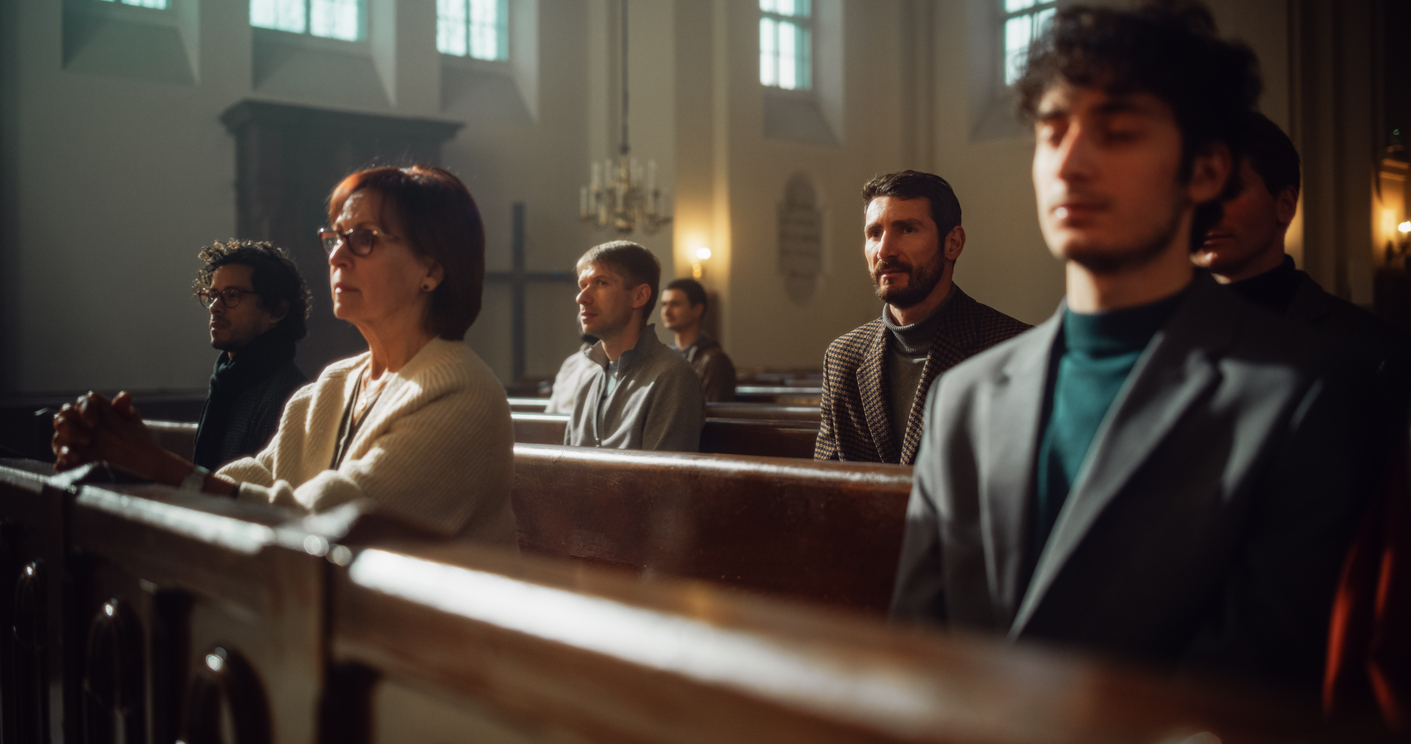Making a big church feel small is a culture shift which means that we need to find ways to let church members, volunteers, and staff know their work is connected to God’s work and thank them for their work along with their time and talents. Imagine growing because relationships are strong- it really can happen with time. We’ve grown closer to each other through the pandemic and we are focused on How to Get People to Come to Church After the Pandemic. Now we need to prioritize small groups and create a culture where most everything happens through them.
Connections and community are what cause so many churches to grow and become stronger. And, most connections happen in small groups. Some churches assign members to a specific small group (new believers, youth, young marrieds, etc.) while others naturally form due to their current stage of life or based on proximity to each other in the community.
In some churches, you find small groups who’ve been together for 10, 20, 30 years or more. They went to the hospital to see each other’s newborn babies, celebrated at their children’s weddings and attended funerals of someone’s parent. Invested in each other in the good times, the hard times and all the times in between. They are in the process of living out Hebrews 10:24-25, “And let us consider how to stir up one another to love and good works, not neglecting to meet together, as is the habit of some, but encouraging one another, and all the more as you see the Day drawing near.”
But without leadership, support, and resources, those deep bonds in small groups rarely form. Big Church Made Small: Make Everyone Feel Known really understands the church when it brought this question forward, “Ask yourself, What can we as a staff do today to make people feel known and connected here?”
These 3 points are a springboard to help activate small groups:
- Invest heavily into leaders: build a culture where it’s normal to continuously identify people in your church who have a God-given ability to love and lead others. Initiate a relationship with them by asking tough questions and sharing expectations in order to train and develop their best fit.
- Give them the tools and resources they need to build strong connections with people in their groups: this includes material to delve into together, as well as a ChMS to help track the group’s health and communications on a regular basis in order to focus on their relationships with each other.
- Create enough groups so everyone can find a place to belong: take a poll and see where the gaps are in your small church groups. Look at your small group listing from an “outsider” perspective. Think creatively and make sure that there’s a need and a purpose for that small group. Split a larger group into smaller groups to allow for more intimate connection and discipleship.
The goal here is to equip our congregations to connect, learn, and deepen their relationship with Christ and to strengthen their relationships with others. Large churches can make strong connections with each person as discussed in Big Church Made Small: Make Everyone Feel Known and then introduce them to small groups within the church life community. Who they connect with will make all the difference in their continued involvement and desire to serve others which will impact the continued growth of our churches.
Small groups create a context for us to live out our faith in real-time with people who care about us, invest in us, challenge us, and want to encourage us to be the best versions of ourselves. We want to bring depth to those relationships forged in small groups and help us develop a greater sense of serving others. Let’s build a church culture that values the Christian community.
Pattie plays an integral role in key areas across ACS Technologies, including project management, business partnerships, operational excellence, and more. Pattie joined ACS Technologies in 1995. Before that, she worked in advertising and brand management leadership with Procter & Gamble. She also worked with Koinonia Partners, the birthplace of Habitat for Humanity. Pattie attends St. Catherine’s Episcopal Church in Florence, SC.
—
Big Churches Made Small: Make Everyone Feel Known
Being a larger church does create more opportunities, but it also creates more ways for people to get lost. People should feel known at church. Our latest resource, Big Church Made Small: Make Everyone Feel Known, shows a path you and your team can follow. And, you don’t miss any of our Church Growth Resources. You can receive our ministry blog posts straight to your inbox!





